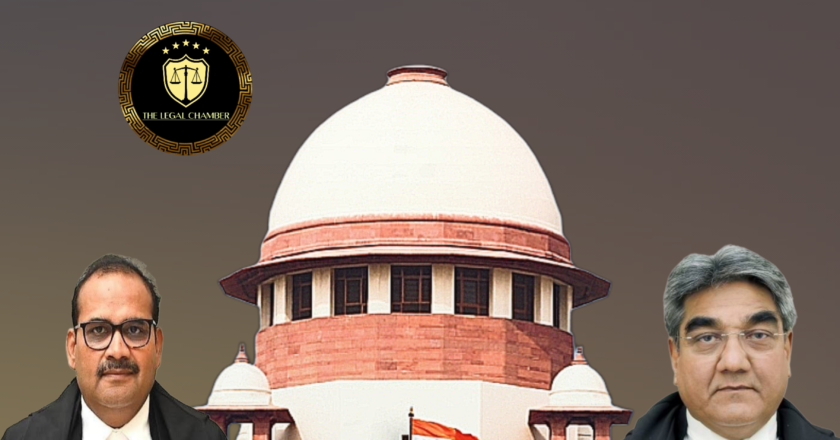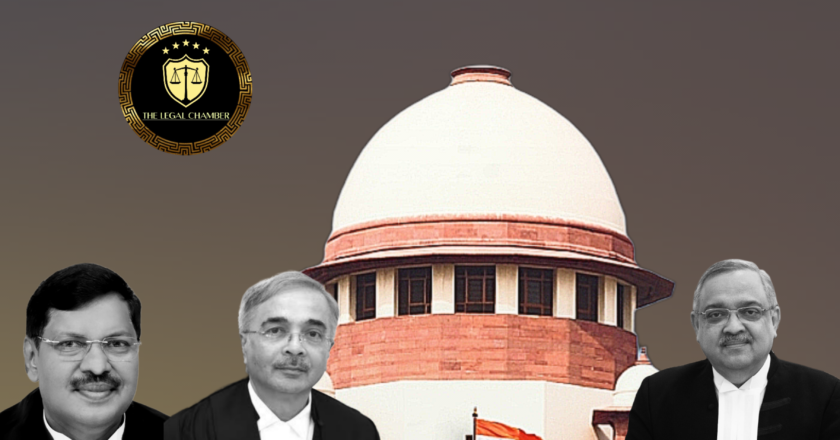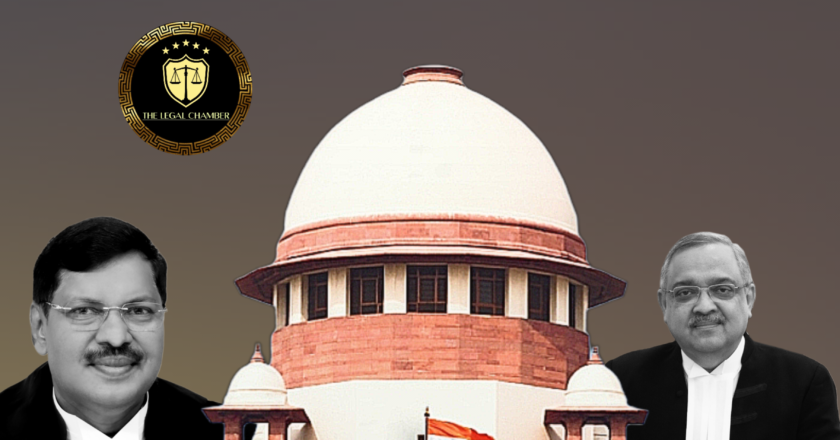Supreme Court Clarifies: Pending Cases Don’t Justify Violating Active Court Orders
The Supreme Court held that once an interim court order is in operation, it remains binding unless specifically vacated. Merely releasing a reserved matter does not invalidate or nullify an existing interim order. Violating such an order without obtaining prior leave from the court constitutes a prima facie case for contempt proceedings.
Facts Of The Case:
The appellant, a professor at KGMU, was appointed as the Nodal Officer for implementing a software system in 2010. In 2017, audit objections arose regarding expenditures during his tenure, leading to a disciplinary inquiry. The professor challenged the preliminary inquiry and a subsequent notice via his first writ petition in 2018. While this petition was reserved for judgment, the disciplinary committee sent him a questionnaire, which...






